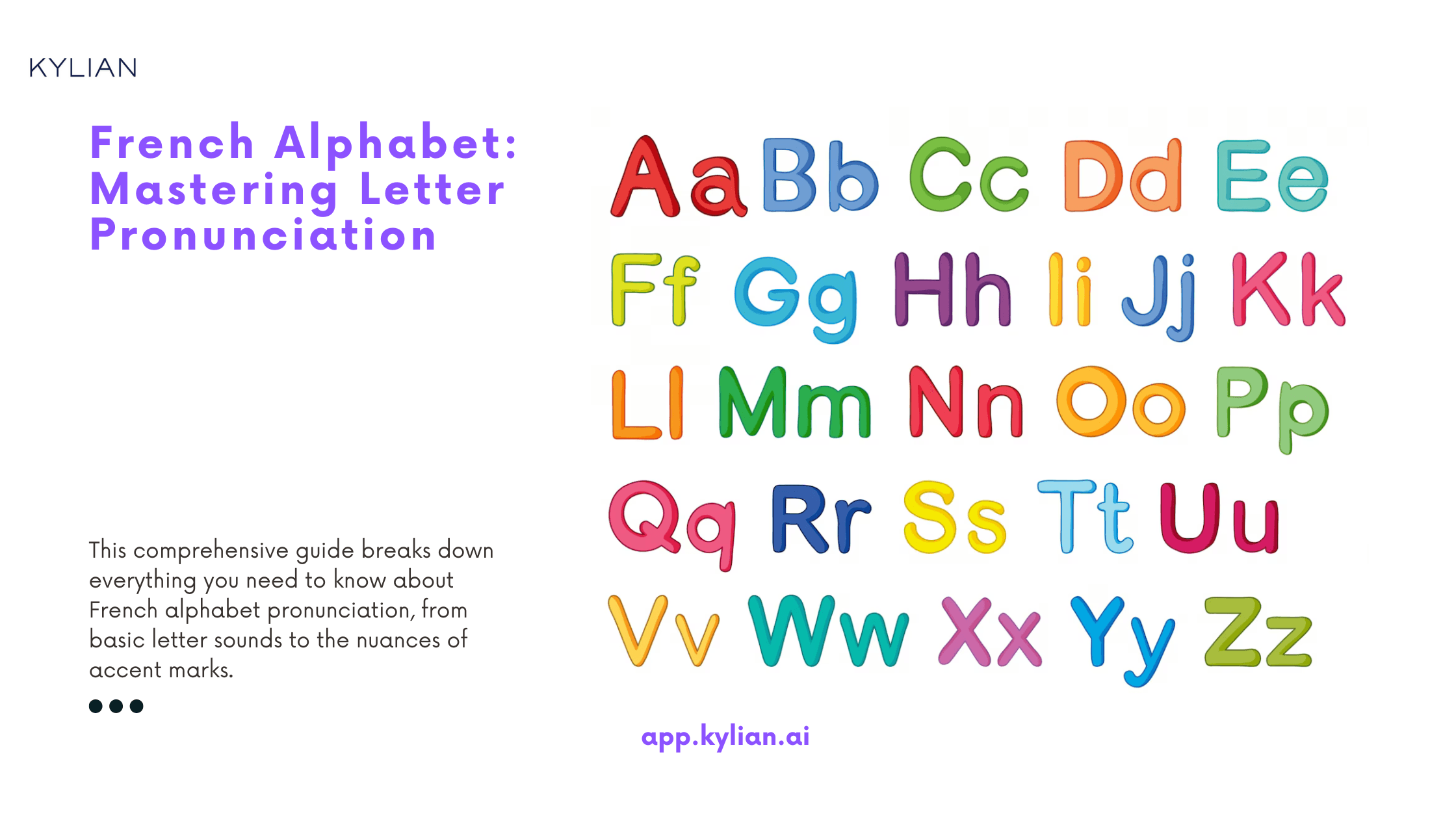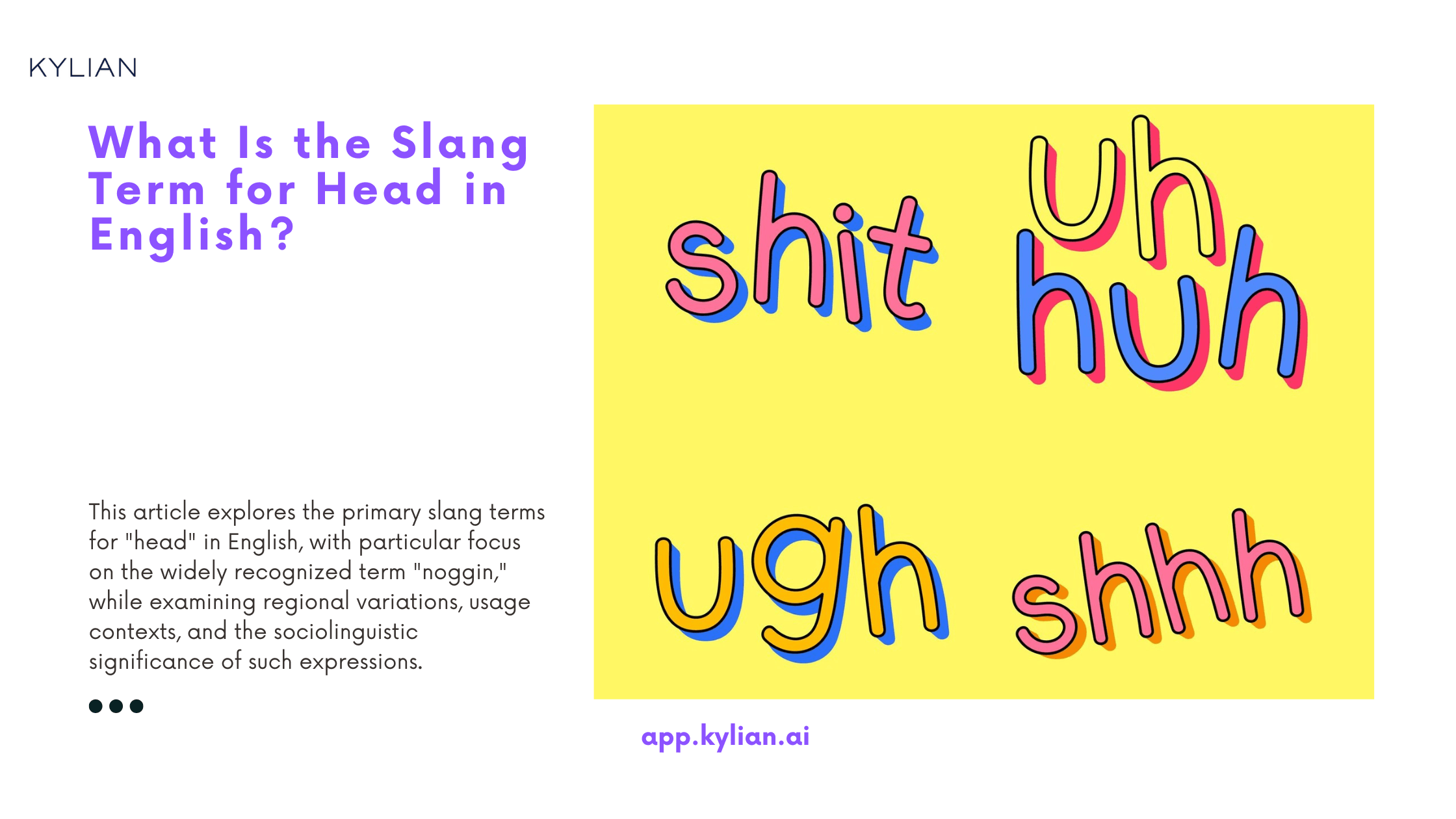Where Most People Come to Learn A Language
Our blog covers language learning tips and hacks we've acquired over the years


20 Spanish Nicknames to Sound Like a Native Speaker
Mastering Spanish nicknames is essential for anyone aiming to achieve authentic fluency. These affectionate expressions serve as cultural bridges, allowing you to connect with native speakers on a more personal level. Unlike formal language taught in textbooks, nicknames reflect the warmth and expressiveness that characterize Spanish-speaking cultures. Spanish nicknames carry strong emotional connotations and are context-dependent. Their appropriate use signals cultural awareness and helps establish genuine connections with Spanish speakers. Most Spanish nicknames feature diminutive suffixes (-ito/-ita), which add layers of affection to everyday communication. In this comprehensive guide, we'll explore twenty popular Spanish nicknames organized by relationship categories: for parents, romantic partners, friends, and children. By understanding when and how to use these expressions, you'll elevate your Spanish from textbook formality to authentic fluency.


Arabic Numbers: A Complete Guide from 1 to 100
Embarking on the journey of learning Arabic? Congratulations on choosing a language with such rich historical and cultural significance. One of the most appealing aspects of Arabic is its inherent logic and phonetic consistency. The numerical system in Arabic follows clear patterns that make it accessible for learners. Despite the diversity of dialects across the Arab world, the numerical system remains consistent in written form throughout all Arabic-speaking countries. While pronunciation may vary between regions, the fundamental structure stays the same. Let's begin by exploring how to recognize these numbers.


Better Ways to Say "I Like" and "I Don't Like" in English
Do you find yourself repeatedly using the same phrases to express your preferences? The ability to articulate what you enjoy or dislike with precision and variety not only enriches your conversations but also demonstrates language proficiency. This article explores alternative expressions to the common "I like" and "I don't like" statements, providing you with a diverse vocabulary arsenal to communicate your preferences more effectively.


Whose' vs. 'Who's': Learn the Difference Easily
In the landscape of commonly confused words in English, the "whose" versus "who's" dilemma ranks high among native and non-native speakers alike. These homophones—words that sound identical but differ in meaning, spelling, and usage—create persistent confusion in written communication. Much like their problematic cousins "there/their/they're" and "it's/its," these terms follow distinct grammatical rules that, once understood, eliminate the potential for error. This comprehensive guide dissects the fundamental differences between "whose" and "who's," providing actionable strategies to distinguish between them in various contexts. By the end of this article, you'll possess the knowledge to deploy these terms with confidence and precision.


How to Say 'I Love You' in German: Key Love Phrases
Navigating the landscape of expressing affection in a foreign language requires more than mere translation—it demands cultural understanding. German, despite its reputation for harsh phonetics and precision, offers a rich vocabulary for expressing love that often goes unnoticed by non-speakers. This comprehensive guide will walk you through various ways to express love in German, from the standard "I love you" to more nuanced expressions that convey the depth of your feelings.


How to Learn French Fast: A Step-by-Step Guide for Beginners
French—often called the language of love—carries an undeniable elegance, particularly in its melodic sounds. However, its grammatical complexities, inconsistent spelling patterns, and numerous rule exceptions can intimidate beginners. If you've ever dreamed of conversing with locals in Paris or working for a French organization, you might wonder if achieving proficiency requires years of dedication. The reality? With strategic learning approaches and consistent practice, you can reach basic conversational proficiency in mere months. This guide examines evidence-based methods to accelerate your French learning journey, with actionable steps to implement today. Let's begin!


French Alphabet: Mastering Letter Pronunciation
Learning to pronounce the French alphabet correctly establishes the foundation for mastering French pronunciation. When you understand how individual letters sound, you gain the ability to pronounce new words with confidence and develop a more authentic accent. This comprehensive guide breaks down everything you need to know about French alphabet pronunciation, from basic letter sounds to the nuances of accent marks.


Symbols in English: Complete Guide + Practical Usage Tips
In today's fast-paced digital world, symbols have become integral to our communication. Yet, despite their ubiquity, many of us lack a comprehensive understanding of these powerful visual tools. This guide dives deep into the world of English symbols, offering clarity on their meanings and practical applications that can elevate your writing immediately.


English Language Levels: A Complete Guide to level up
Ever caught yourself saying "I'm basically fluent in English" and immediately questioning what that actually means? The ambiguity of such statements highlights why understanding standardized language proficiency frameworks is crucial for learners and educators alike. The Common European Framework of Reference for Languages (CEFR) offers clarity through its internationally recognized scale ranging from A1 (beginners) to C2 (mastery). This framework provides concrete benchmarks for measuring language capability across speaking, listening, reading, and writing skills.


Greek Alphabet: All 24 Letters and Their Pronunciations
The Greek alphabet surrounds us in daily life, from mathematics to science to brand names. Understanding these ancient symbols opens doors to a rich linguistic heritage and practical modern applications. This comprehensive guide breaks down all 24 Greek letters with their pronunciations, combinations, and real-world relevance.


12 Fast Spanish Learning Strategies That Work
With nearly 500 million native speakers worldwide, Spanish stands as the second most widely spoken mother tongue globally. Its melodic rhythms and relatively accessible structure make it an appealing language to master. Over 21 million people are currently learning Spanish as a second language – a testament to its global significance and practical utility. Despite the marketing claims of various language platforms promising fluency in mere weeks, learning Spanish efficiently requires strategy, not shortcuts.


How to Speak Spanish: 13 Must-Know Tips for Fluency
Have you considered joining the community of over 500 million Spanish speakers worldwide but feel overwhelmed about where to start? Many language learners delay their Spanish journey because they're uncertain about the most effective approach. The good news? Learning Spanish is achievable with the right methods and consistent effort. This comprehensive guide outlines 11 essential strategies to help you speak Spanish confidently and effectively. Whether you're starting from zero or building on basic knowledge, these proven techniques will transform you from a beginner to a fluent Spanish speaker. ¡Vamos!
![The Plural of Deer: Complete English Grammar Guide [English]](/_next/image?url=https%3A%2F%2Fcdn.sanity.io%2Fimages%2F147z5m2d%2Fproduction%2Fa3349dca361f4de436349008aba76c188b955613-2240x1260.png&w=3840&q=75)

The Plural of Deer: Complete English Grammar Guide [English]
English pluralization follows specific patterns, yet certain nouns defy conventional rules. Understanding these exceptions is crucial for mastering the language. The word "deer" represents one such exception that warrants detailed examination.


Saying Sorry in German: The Essential Apology Guide
Mastering apologies in German unlocks powerful social connections. Beyond typical vacation phrases, "sorry" emerges as one of the most frequently used expressions in authentic conversations. Whether you're planning a trip to German-speaking regions or advancing your language skills, understanding how to apologize appropriately demonstrates cultural awareness and builds meaningful relationships. This guide explores the nuanced vocabulary of German apologies, dissects proper context for each expression, and equips you with practical knowledge for both casual and formal settings.


How to Address a Professional Letter in English
Did you know that despite our increasingly digital world, approximately 65% of people still send physical mail monthly? While emails and instant messages dominate daily communication, the ability to properly address a professional letter remains a crucial skill in business contexts. The way you address your correspondence creates an immediate impression before your recipient even reads your message. This comprehensive guide will walk you through the precise steps to properly address professional letters, providing actionable best practices that apply to both physical mail and formal email communication.


What Is the Slang Term for Head in English?
In the colorful tapestry of English vernacular, numerous informal terms exist for parts of the human body. Among these, the word "head" has several slang alternatives that have permeated everyday speech. These colloquialisms add character and informality to our conversations, creating connections through shared linguistic understanding. This article explores the primary slang terms for "head" in English, with particular focus on the widely recognized term "noggin," while examining regional variations, usage contexts, and the sociolinguistic significance of such expressions.


Present Tense in English: Usage, Rules & Examples
When beginning your English language journey, mastering the present tense forms the foundation of your communication skills. The present tense allows you to express current actions, general facts, and recurring situations - making it essential for everyday conversations. While past and future tenses introduce additional complexity, the present tense offers a straightforward entry point into English grammar. Once you understand how to use it properly, you'll be able to discuss your daily routines, interests, and observations with confidence. Even if you already possess some English proficiency, deepening your knowledge of present tense mechanics can significantly enhance your language accuracy. This comprehensive guide explores everything you need to know about the present tense in English.


Hawaiian Family Vocabulary: Learn Family Member Names
Understanding family-related vocabulary in Hawaiian offers profound insights into cultural values and relational structures in Hawaiian society. The Hawaiian language reflects a rich perspective on family connections that extends beyond nuclear relationships, embracing community ties and ancestral bonds.


300 Common English Words & How to Learn Them Fast
The daunting task of learning English often begins with the overwhelming realization that there are over 100,000 word families to master. Adding to this challenge, the language continuously expands with approximately three new words daily. However, linguistic research reveals something remarkable: with just the 300 most frequently used words in English, you can understand roughly 65% of all written material. This insight transforms the seemingly impossible journey into a manageable endeavor.


A Practical Guide to Basic Korean Words & Phrases
Learning a new language opens doors to new cultures, experiences, and connections. Korean, with its unique alphabet and rich cultural context, offers a particularly rewarding learning journey. Whether you're planning a trip to Seoul, interested in K-dramas without subtitles, or simply expanding your linguistic horizons, mastering basic Korean phrases will enhance your experience. This comprehensive guide will walk you through the fundamental Korean vocabulary and expressions you need to navigate everyday situations with confidence.


Which is Correct: "A Unique" or "An Unique" in English?
Precision in language fundamentally shapes how we communicate and connect with others. The distinction between using "a" or "an" before the word "unique" represents more than a minor grammatical choice—it reveals deeper patterns within English pronunciation rules and how they've evolved over centuries. Many English learners and even native speakers find themselves pausing before this particular combination, momentarily uncertain about which indefinite article to select. This hesitation stems from an apparent contradiction between spelling and pronunciation that challenges our understanding of fundamental English grammar rules. This detailed analysis examines why "a unique" is the correct form, explores the linguistic reasoning behind this convention, and provides practical guidance for applying this principle consistently across similar word patterns.


What is the Abbreviation for Boulevard in English?
In the world of addresses and street naming conventions, abbreviations serve a critical purpose - they save space while maintaining clarity in written communication. Understanding these abbreviations is essential for anyone who needs to navigate urban environments or communicate location information effectively. This article examines one of the most common street type abbreviations: boulevard.


What is the Meaning of "Art Thou" in English?
The evolution of language reflects the transformation of societies through time. Few linguistic elements demonstrate this as clearly as archaic pronouns and verb forms. Among these, the phrase "art thou" stands as a fascinating relic of earlier English—one that continues to echo through literature, religious texts, and cultural references despite falling out of everyday usage centuries ago.


In, On, At: The Complete Guide to English Prepositions
For English learners worldwide, few grammar elements create as much confusion as the correct usage of prepositions. Among these, "in," "on," and "at" stand out as particularly challenging. Whether you're describing time or location, choosing the right preposition can significantly impact your fluency and precision in English communication. This comprehensive guide breaks down the rules, applications, and common pitfalls of these essential prepositions to help you navigate them with confidence. By understanding the logic behind preposition selection, you'll transform a potentially frustrating aspect of English into a strength in your language arsenal.